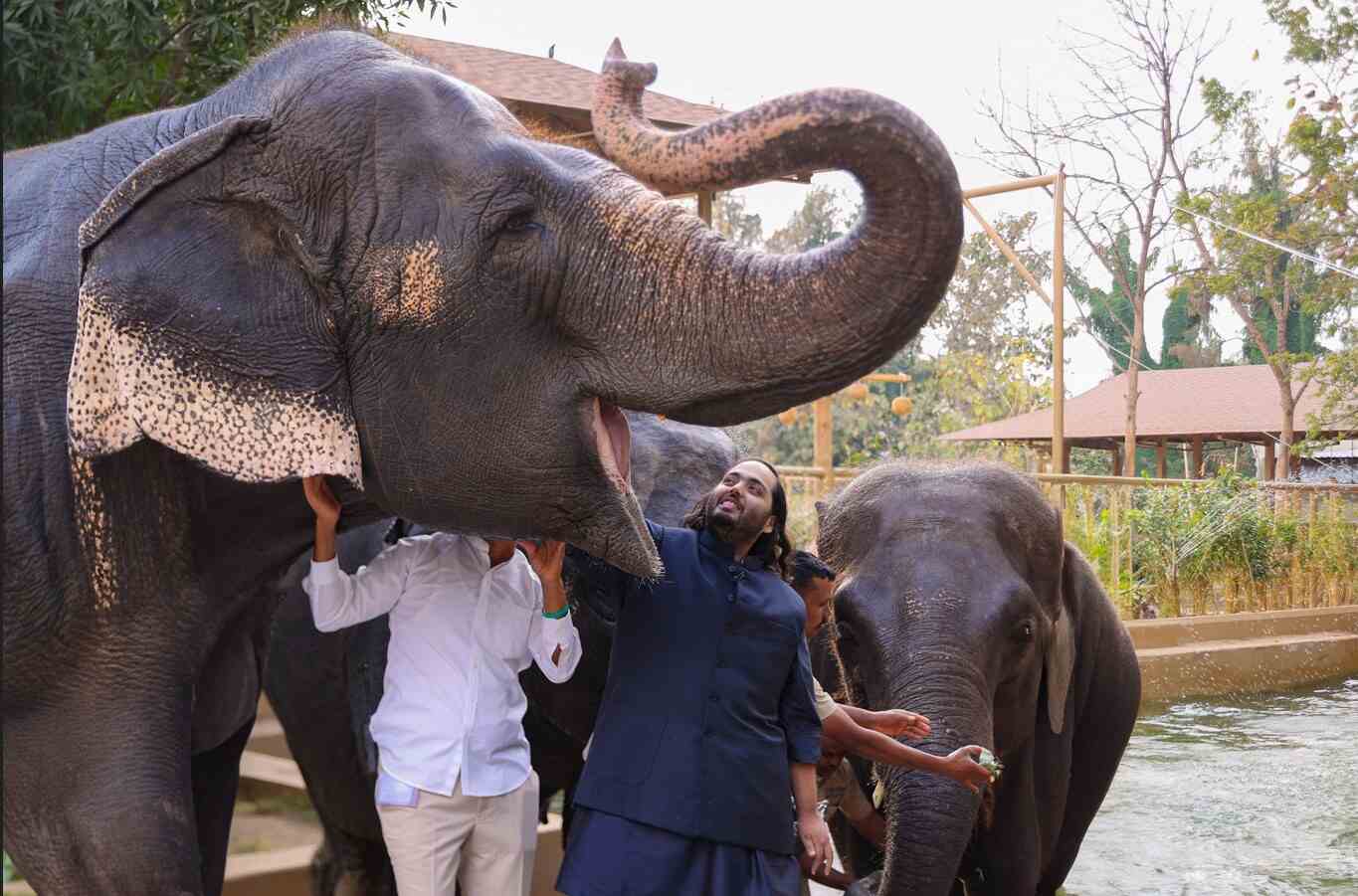A conservationists’ forum voiced concerns regarding the legality of transferring wild animals to the Ambani-owned zoo Vantara in Gujarat.
Concerns Over Export of Wild Animals
The Wildlife Animal Protection Forum of South Africa (WAPFSA) has called on the country’s environment ministry to investigate the export of several wild animals to Vantara, an animal rescue and rehabilitation centre in Jamnagar, Gujarat.
Vantara, owned by Reliance Industries and inaugurated by Prime Minister Narendra Modi on March 4, has come under scrutiny for importing a large number of wild animals, including leopards, cheetahs, tigers, and lions, from South Africa.
Non-Compliance Concerns Raised by CITES
WAPFSA, a coalition of 30 South African conservation organisations, has raised concerns that India may be in non-compliance with CITES (Convention on International Trade in Endangered Species), the global treaty regulating the trade of endangered flora and fauna.
Also read: India’s cotton imports to double in 2024/25 amid declining production
- In a March 6 letter to South Africa’s Environment Minister Dion George, WAPFSA pointed out that India’s potential non-compliance with CITES was discussed during a November 2023 CITES Standing Committee meeting.
- The CITES Secretariat had received reports of live animal imports into India, including critically endangered species.
- Questions were raised about the legality of these transactions and the methods used to obtain CITES documentation.
Allegations of Commercial Trade in Captive-Bred Animals
WAPFSA expressed particular concern about the export of big cats from South Africa to Vantara, warning that a “significant number of captive-bred specimens” from South African facilities may have been traded for commercial purposes rather than conservation efforts.
In July 2023, representatives from Vantara (formerly Greens Zoological Rescue and Rehabilitation Centre) told CITES officials that they had rescued animals in difficult conditions outside India and imported them from various countries. However, WAPFSA maintains that concerns remain regarding the legality of these transactions.
What’s Next?
As the South African government reviews the allegations, wildlife conservationists are demanding greater transparency in the international trade of endangered species. If proven, non-compliance with CITES regulations could lead to increased scrutiny on India’s wildlife import policies and potential trade restrictions.




























